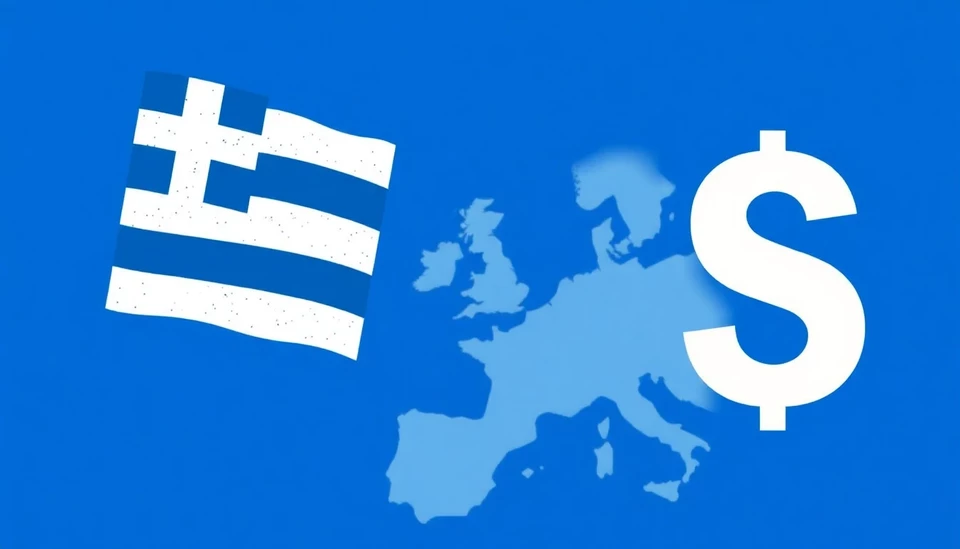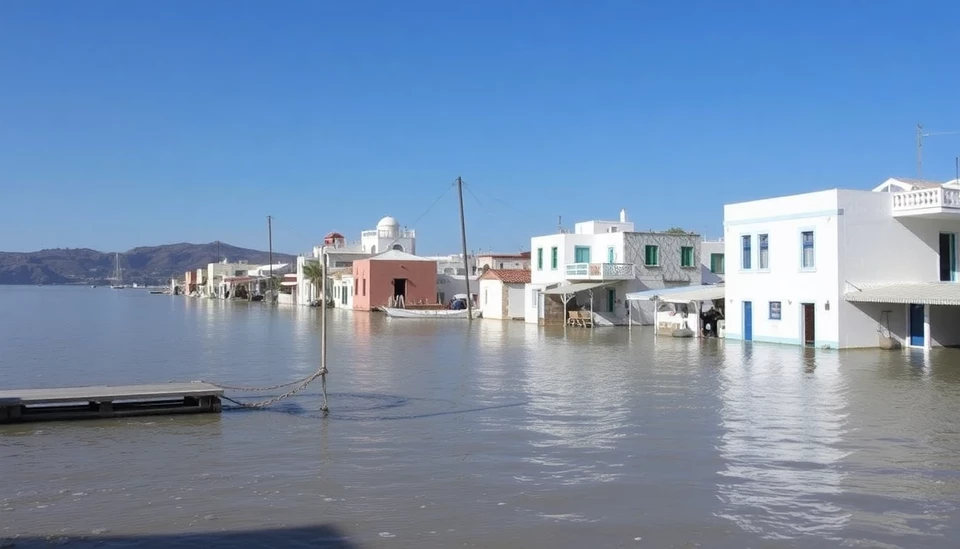
In a period marked by increased geopolitical tensions and shifting alliances, Greece has emerged as a model for European nations grappling with defense spending issues. The recent analysis highlights how Greece's proactive approach to its military budget can give crucial insights to other countries in Europe as they strategize their own defense policies amidst rising global threats.
Since the onset of the Ukraine crisis, nations across the European continent have faced renewed pressure to bolster their military capabilities. Greece, long viewed as having a strained economy, has initiated significant increases in defense spending, a move that has taken many observers by surprise. This shift reflects a strategic pivot aimed at enhancing national security in response to the heightened risks posed by neighboring countries, particularly Turkey and the ongoing instability in the Balkans.
The Greek government's decision to increase its defense budget demonstrates a crucial understanding that a strong military is essential for safeguarding national sovereignty. This perspective is increasingly resonant across Europe, where defense budgets have traditionally been scrutinized due to economic concerns. However, Greece's example illustrates that investing in defense is not only a matter of immediate security but also a long-term economic strategy that can foster stability and growth.
Greece's commitment to modernizing its armed forces, investing in new military technology, and enhancing recruitment efforts serves as a reminder for European leaders about the importance of adaptation in defense strategies. The lessons learned from the Greek experience can help shape a more cohesive and responsive European defense policy that reflects contemporary realities—all while balancing economic and social factors.
The rising defense expenditure entails not just a focus on quantity, but also on quality, ensuring that military capabilities are up to date and effective. Greece's military preparation has notably included the acquisition of advanced fighter jets and naval vessels, alongside increased funding for operational readiness. This approach illustrates a critical understanding: preparedness is an investment in national resilience, particularly when facing unpredictable geopolitical shifts.
Furthermore, the Greek example underscores the necessity for countries within the European Union to collaborate closely on defense matters. As NATO allies, EU nations are called to contribute adequately to collective security while fostering a shared understanding of defense responsibilities. Greece's experience highlights that a unified European stance on military readiness can significantly deter potential aggressors and ensure a more secure environment on the continent.
Overall, as European countries consider their defense expenditure in the context of rising global threats and resource constraints, Greece provides valuable insights. Its evolving defense posture advocates for a balance between economic prudence and security needs, suggesting that investments in military capabilities can create a safer and more stable Europe, which is ultimately beneficial for all member states.
In conclusion, Greece stands as a testament to the notion that defense spending, when strategically managed, can lead to greater stability and security within Europe. Other nations might take note of Greece's proactive measures as they strive to navigate the complexities of modern defense challenges.
#Greece #DefenseSpending #EuropeanSecurity #MilitaryInvestment #NATO #Geopolitics #NationalSovereignty #EU #DefensePolicy #Modernization
Author: Rachel Greene




